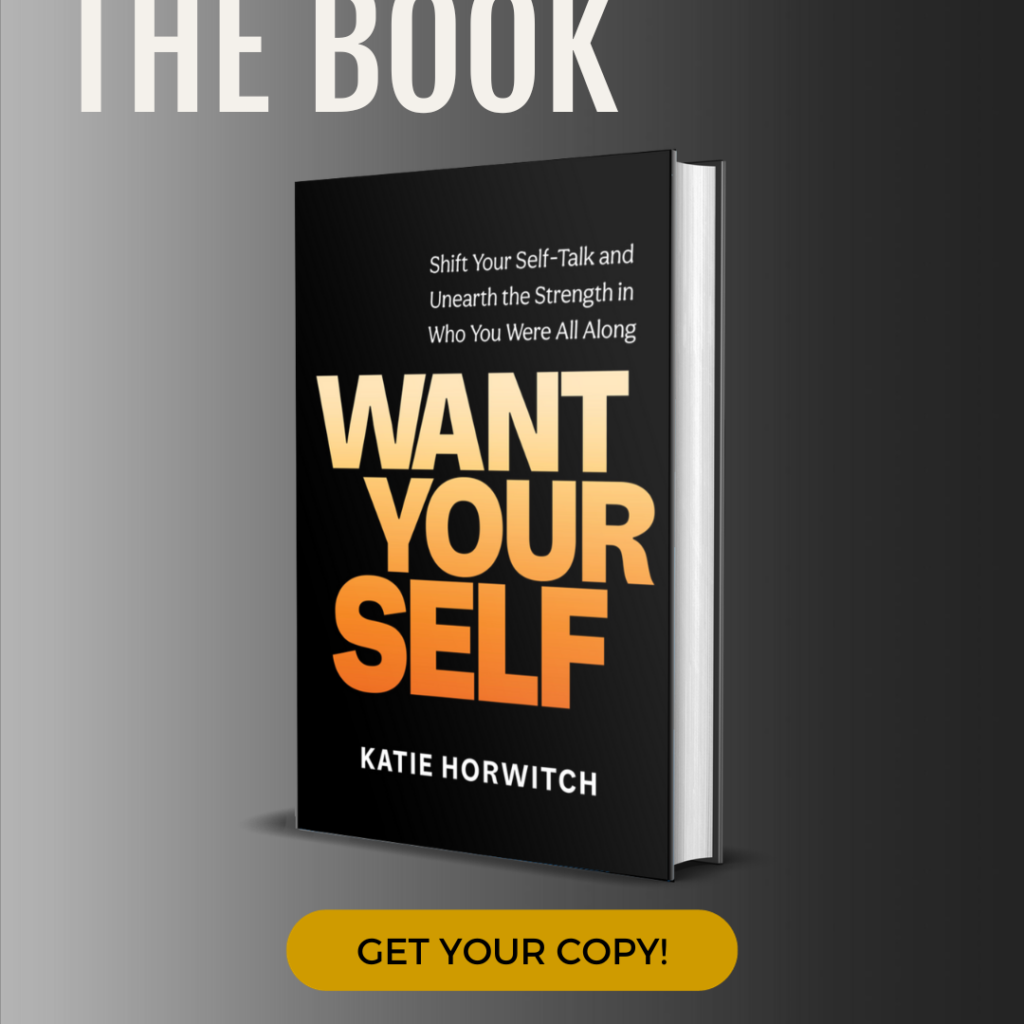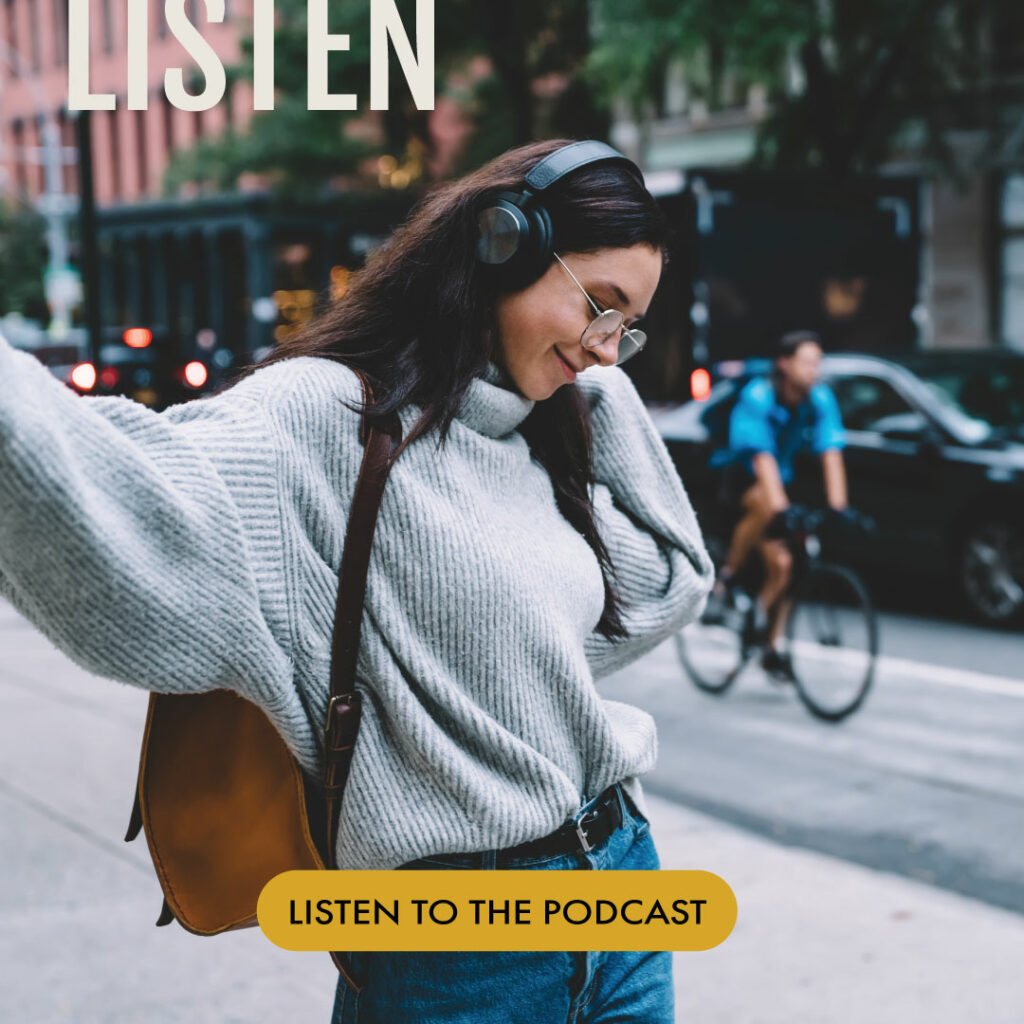The thing about Orthorexia – and other forms of disordered eating – is that the grey area is more like a thick haze of charcoal dust than a translucent screen.
It’s like this secret rumor where everyone else knows the vague details, but only you know the reality.
For others, it’s a game of Telephone.
For you, you’re on the land line.
Orthorexia nervosa is a sickly ironic twist on healthy eating, a laugh in the face of nutrition facts. It’s what used to be called an EDNOS: Eating Disorder Not Specified. The term “orthorexia” was coined circa 1997 by a doctor who suffered from the condition himself: there was no name for this condition, therefore there was no research. And since there was no research, it was just deemed a vague, disordered set of habits. Still, 17 years later, the information about Orthorexia out in the world – and by the world, meaning The Internet, of course – is mostly the same words regurgitated over and over. Speculation. Haziness. Heresay.
The worst part? Orthorexia is still not recognized by some doctors as a “real” eating disorder.
I mean, what?
Isn’t any form of an eating disorder a “real” eating disorder?
Orthorexia can also be a cover-up, a ruse, a mask over a hidden agenda. Since it’s socially acceptable, applauded even, to say you want to be “healthy” vs “skinny,” orthorexia can often times be a way to mask anorexia – or a way for someone to replace bulemia or anorexia when they want to seem recovered to the world around them.
It’s a disorder riddled with rules, restrictions, and very real consequences.
I don’t remember college. I remember bits and pieces, sure, but what frightens me the most is that while I should remember the details of things like play rehearsals or nights out, I remember the times I calculated out how much I would eat and what I would eat. I remember the omelet I ordered for breakfast out with friends. I remember the wrap that was “safe.” I remember eating a pear past 8pm and feeling like I’d cheated. Because, you know, no food past 8pm.
buy Glucophage online https://bloinfobuy.com/ no prescription
I remember my boyfriend being proud of me for eating a sandwich. Because it was on wheat bread, and I could never, never have wheat bread. Not the processed kind. Not a crumb.
My memory is like a lockbox. This is what any form of disordered eating or exercising does to you. It breaks in and erases.
Orthorexia and other EDsNOS don’t always result in extreme weight loss. For me, it did. But even in my healing process, my weight fluctuated up and down – it was never a true indication of whether I’d moved forward or not.
So how do you know that you or a loved one might be on the orthorexic path – or developing disordered eating habits? Here’s some signs you might need to intervene:
- Loss of interest in hobbies and social activities (unless the people are “safe” – ie will not question their actions)
- Lying about what they’ve eaten/how much they’ve eaten
- Logging calories, fat, or macros obsessively in secret
- Feeling a sense of “control” when they’ve eaten “right”
- Difficulty/inability to eat foods prepared by others, even loved ones
- Going to great lengths to eat alone
- Avoidance of complete food groups or categories out of immense fear or blinding prejudice
- Dull complexion, extreme weight loss
- Lack of energy, depression, extreme mood swings
- Loss of strength and weakness of voice
Like I’ve said, I’m not a doctor or a psychologist – I can only speak from my own personal experiences (with both myself and those I care about) and research. But I do know this: sometimes just speaking with someone who knows what you’re going through – and has found their way to the other side – can be the most soul-stirring catalyst for real change there is.
Find what’s right for you and please know that seeking out professional assistance is a sign of courageous strength, not of weakness.
Here are some things that worked for me when I was at my all-time low and decided I’d had enough:
Find a friend or family member you can talk to without judgement. It helps you feel like you’re not keeping this huge secret from the world – which is the most isolating feeling in the world. Find someone you can not only talk to without the fear of being judged, but someone you know will help inspire you to change. It has to be someone close: when we keep people at an arm’s distance, we are protecting ourselves from being seen for all we are, the light and the dark. This person must know both. Let them know you need to talk and need them to be there for you. Chances are, they’ll be all in. Let them know what’s been going on with you. You will feel vulnerable. You will feel bare. But also, you will feel so liberated from the clutch of this invisible force – and that’s the way you know that yes, you are able to heal. And now you have an ally in the process.
buy feldene online https://bloinfobuy.com/feldene.html no prescription
Find your peeps. When you’re in the midst of an eating disorder – or even skewed disordered eating – it can seem like the only person you belong with is yourself. Community is so important right now; places you can let your strengths and talents shine or where you can just be nourished by the authenticity of others. Being part of a group with which you resonate – in which you have a role – can be one of the most healing experiences ever. Join a club. Try a class. It can be small. When you’re among others who remind you of your other passions, or qualities about yourself you want to let live, it can help convince you that the details of what, when, and how much you eat aren’t the end-all-be-all.
Find your voice and let it live. What else saved me? Writing – figuring out the nuances of what was going on with me and realizing my unwavering desire to get out of this hole. I didn’t know how it was going to come about, but I started to write about my strengths of character, like my sensitivity to the world around me, the way a moment of kindness could last me months. It helped me sort out my thoughts and have a visual, written record of all my strengths of character just locked inside waiting to be set free.
Identify and reframe your triggers. For me, I knew that large family gatherings could be a trigger for me to hyper-focus my attention on food and my body. Which, you know, was just fabulous considering I come from a large, close-knit family that I absolutely love to pieces. There was a lot of talk about food, “good” vs “bad” eating, and physical appearance that went on; crap that could trigger me to eat a very specific way and then binge at home from not even processing the fact that I ate at all, OR overeat to the point of sickness just to prove a point. I hated that this triggered me; the feeling that I was being watched yet that there was a very clear right vs wrong I should prescribe to. My reframe? I took a step outside myself and recognized that others’ hang-ups and rules around food were usually not about the food at all – they were about something deeper. The second I could identify patterns in conversation or action and rework them to mean something differently, I started to empathize instead of feel attacked.
Be imperfect on purpose. Okay, so this is gonna feel kinda scary at first – but ultimately, freaking exhilarating. Take a few small steps every day by eating something without counting, without measuring, something that you deem “unhealthy.” Make it something you actually like the taste of and would enjoy if it were not for its “bad” nutritional value. Maybe that means adding a touch of cream to your coffee. Maybe that means a bowl of popcorn. Or pouring your cereal from the box instead of from a measuring cup. Try this once a day, then work up to two or three times. Dissociate from the judgement and stigma and just take it in as any other moment. These are just small reminders that life is lived in color, not black and white. It’s like exercising a new muscle: un-perfecting yourself makes it a whole lot easier to be forgiving of yourself any time you “slip,” which means your body will automatically relax and realize it doesn’t need to live in the defensive. Eventually, forgiveness will become second nature and “slip-ups” won’t even be in your vocab. The point is to move away from living in a place of extremes, making the bigger picture clear – and positive.
buy fildena online https://bloinfobuy.com/fildena.html no prescription
So what about healing? Will the artist-formerly-known-as-orthorexic all of the sudden be downing Fritos, Funyons, and frosting?
Usually not. A recovered orthorexic still eats healthily. But they recognize on a deep level that their food choices do not define who they are – do not dictate where they go or what they do. They realize that their identity is more than “the healthy one” and that there are options everywhere, not limitations. They still possess a wealth of information on health and nutrition, but it’s just sitting on a shelf in their mind’s bookcase; it’s not shoved in their face.
They might eat junk food and feel bad about it sometimes – we all do. But they know in their heart that no matter how much their stomach hurts or how gross they might feel in the moment, it will pass. And true wellness is not defined by what you eat, but how you eat it.




I learned about your site through Jessica Murnane and want to thank you from the bottom of my heart for speaking to an issue that is so prevalent yet so hidden. You have touched a deeply buried part of my being, and an issue I struggled with all alone for so many years. I am weeping thick tears of joy and feeling true release knowing that I am not the only one.
My disorder was made more complicated through physical health struggles caused by undiagnosed Celiac disease and autoimmune conditions. It was a perfect storm of fear and control and anxiety and so many secrets. I still struggle with those rushes of intense negativity and lack of confidence, but I am proud of how far I have come on my health journey, learning to honor and nourish my body and re-aquaint myself with a true love of cooking and eating real food.
Thank you so much for sharing your story.
Hi A! First off, I love that you found me through Jess. Her site (and mission in general) is one of my favorites out there. Thank you so much for sharing a bit of your own story, I am honored and so moved. I think anyone who has faced those kinds of dark moments will never not feel sharp bouts of negativity or lack of confidence every so often – but knowing how to navigate through them makes the world of a difference. I also think that those of us who are able to feel those lowest lows are also able to experience THE highest highs, and that sounds exactly like what you’re finding right now. Love that you’re getting to know yourself again on a whole new level. So rad to “meet” you, and so happy you’re a part of WANT.
Thank you so much, Katie! All the best to you 🙂
Thank you Katie! I just discovered this site and it’s beautiful.
This was a perfect description of me in the last stages of my abusive marriage. I was in the best “shape” of my life, physically, but mentally, I was barely holding it together. I lived and died by my daily macro and micro counts on MyFitnessPal (no shade to that app, but it really enabled me).
I recognize now that the disorder was me trying to regain control of my life, in the only way I could count on. I struggled with anorexia in high school (perfectionism and control-related). I reasoned that this time it was “different” because I wasn’t starving myself. But… I wouldn’t eat if I didn’t know exactly what was in the food. And I would obsessively exercise away any “extra” calories over my daily goal. It was no way to live. I went fully in the opposite direction after my divorce, and I’m just now starting to regain some balance. However, it’s a slippery slope when you have these tendencies, not to mention the sometimes toxic culture around food/exercise in social media! Doing yoga, eating plants, and paying attention to how I feel are my goals these days. 🙂
Thank you again for sharing! I look forward to exploring this site and sharing with friends.
I am so happy you stumbled across WANT, Sarah! Thank you for so beautifully, openly, and honestly sharing your own journey. I agree, it’s a slippery slope – honestly, it’s never not slippery. However, step by step, you learn how and where to place your feet, to grab on, and to navigate the incline in a way that works for you. And most importantly, you learn how to get yourself back up when you stumble (because we all do, because we’re human). I can tell you are well on your way to finding your footing, and am so glad you’re a part of the WANT family. xo
Hi Ingrid, so nice to “meet” you! So happy you found WANT. Feel free to email me about your story at katie at womenagainstnegativetalk dot com – I’d love to hear more about it and how I can be of service. Thanks for thinking of me and of WANT! xo
Very nicely done! I especially love, “be imperfect on purpose.” That is key to all of it. Because it is better (and more difficult) to be human than to be an angel. https://www.orthorexia.com/on-purity/
FYI, research on orthorexia is continuing on apace, more in Europe than the US, but here too. I suppose that’s a good thing. But, on the other hand, I’m not sure we need yet another diagnosis. I’d rather it just enter the language, so people can say to themselves, “I want to eat healthily, but I don’t want to be orthorexic.” In other words, it can be used as a limit, a boundary marker, beyond which not to go.
Steven Bratman, MD (inventor of “orthorexia”)
Wow, thank you so much, Dr. Bratman! Such a high compliment coming from you. I love your words “it is better to be human than to be an angel.” How true.
feel so grateful to have stumbled on your blog, i am an alcoholic and have not drunk in 6 years but my food obsession and obsession for exercise and looking in great shape is having huge impact on my life. i do not want to go out socially as i am so frightened of going into complete addict mode and loosing control of my eating. i have problems having conversations as my mind is just on the food. i so enjoy so called healthy foods as sugar is a trigger for me and when i start i just can not stop. i feel very alone and isolated and very tired of the never ending of eating then having to exercise madly the next day. it feels good to be able to share. i do believe in God and am constantly trying to be grateful for all that i have.
thank you o much